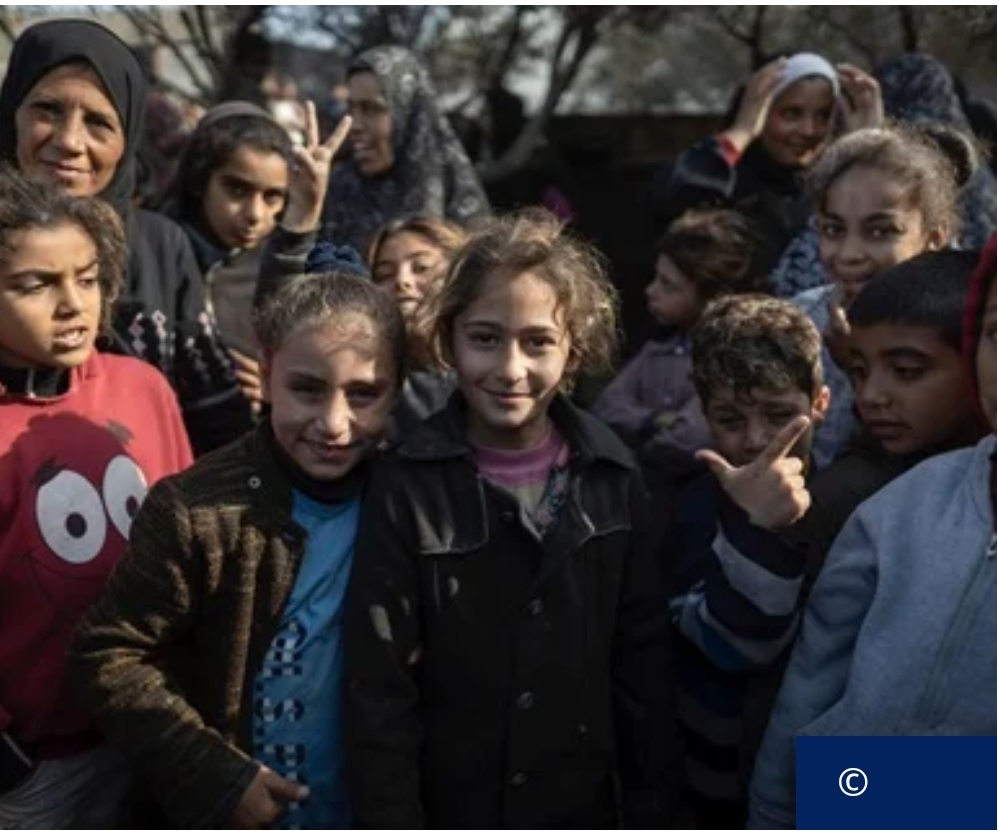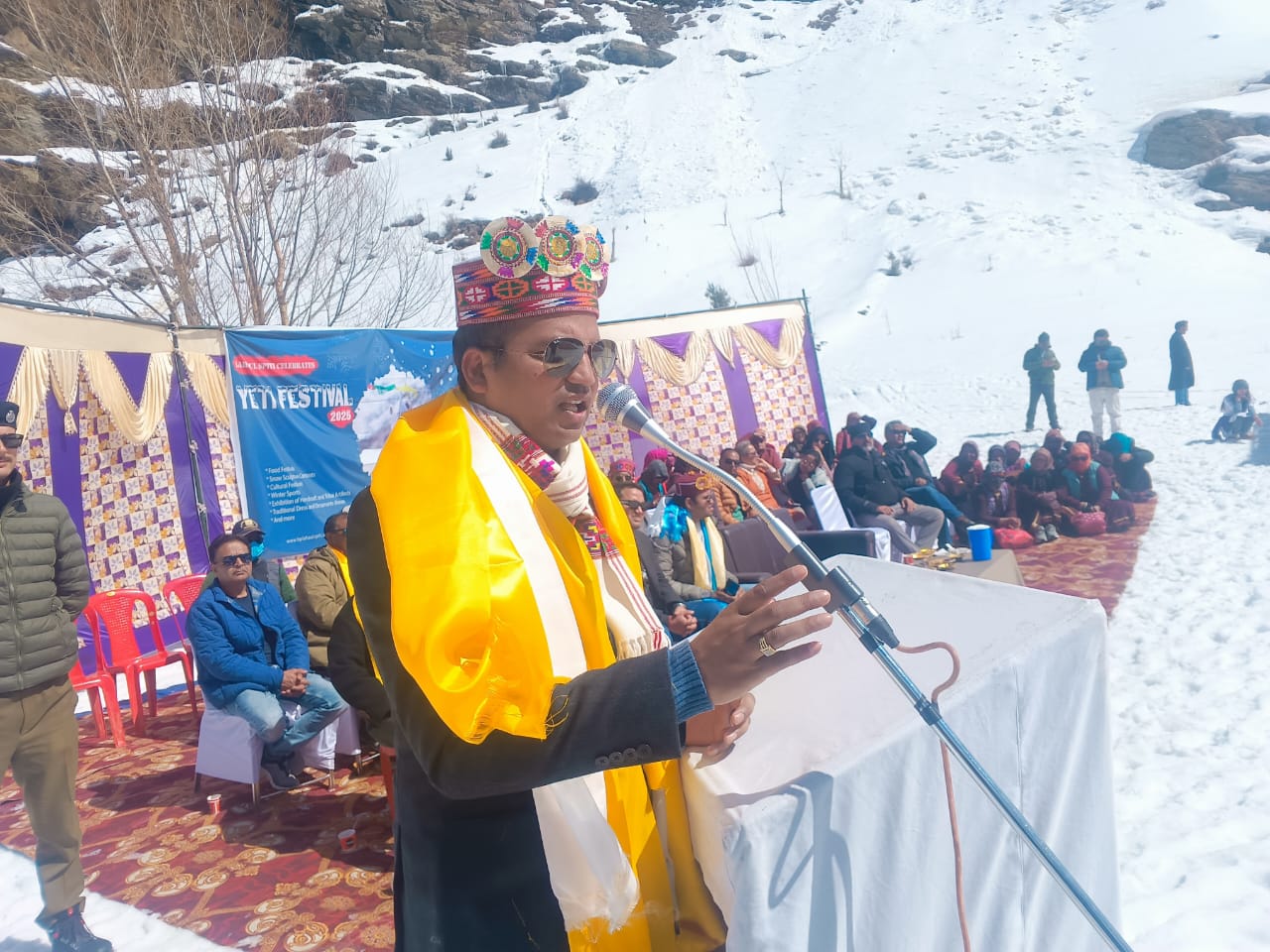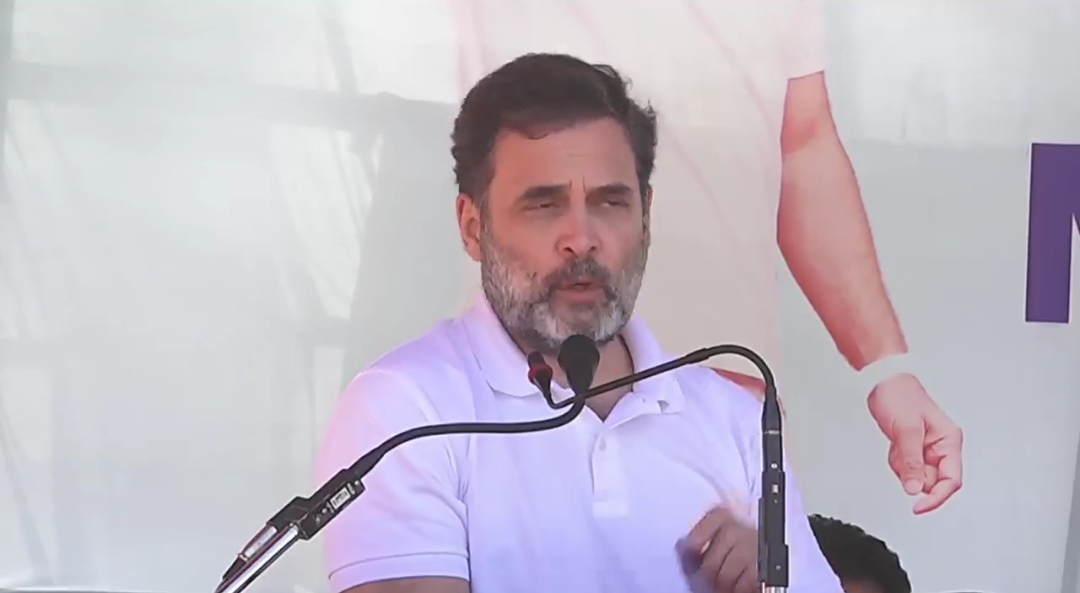WHO Welcomes Gaza Ceasefire Agreement but Warns of Immense Health Challenges Ahead.
Geneva:
The World Health Organization (WHO) has expressed cautious optimism following the recent ceasefire agreement in Gaza, along with the deal for the release of hostages and prisoners. While the agreement brings hope for millions affected by the devastating conflict, WHO has issued a stark warning about the immense health challenges that lie ahead in the region.
The conflict has left Gaza in a state of devastation, with over 46,600 people confirmed dead and more than 110,000 injured. However, WHO cautions that the true toll is likely much higher. Nearly the entire population of Gaza has been displaced, and the health system has been severely impacted. Only half of Gaza’s 36 hospitals are operational, and nearly all have been damaged or destroyed. Just 38% of primary health care centers remain functional. An estimated 25% of those injured, or approximately 30,000 people, are facing life-changing injuries and will require long-term rehabilitation.
The health situation is further complicated by the spread of infectious diseases, rising malnutrition, and the persistent threat of famine. Specialized health care remains scarce, and the slow pace of medical evacuations has left thousands of patients stranded, in urgent need of care that cannot be provided locally. WHO also raised concerns about the breakdown of public order, exacerbated by armed gangs, which has made humanitarian operations even more difficult.
“The road to recovery will be incredibly complex and challenging, given the scale of destruction and the operational constraints involved,” said WHO Director-General Dr. Tedros Adhanom Ghebreyesus. “Billions of dollars in investment are urgently needed to restore Gaza’s health system, and this will require unwavering support from the international community and donors.”
WHO, alongside key UN health partners including UNFPA, UNICEF, UNRWA, and 67 Health Cluster partners, is preparing to scale up its response. However, the organization stresses that in order to effectively deliver aid, security obstacles must be removed. WHO has called for systematic access to all parts of Gaza, the unimpeded flow of humanitarian aid, and the removal of restrictions on essential goods. Additionally, the protection of civilians and healthcare workers is critical to ensure the safety and efficacy of the ongoing operations.
To address the immediate health needs, WHO and its partners are implementing a 60-day plan focused on trauma and emergency care, child health, sexual and reproductive health, mental health and psychosocial support, and rehabilitation. Key priorities include increasing the capacity of hospitals, expanding essential health services in underserved areas, and rebuilding damaged health infrastructure.
“Health systems across Gaza are broken, but we are committed to rebuilding them, starting with the most urgent needs,” said Dr. Tedros. “We will focus on rehabilitation, including hiring and redeploying national health workers, and deploying international staff to fill critical gaps.”
WHO is also working to strengthen the referral system for critical care within Gaza, while facilitating cross-border medical evacuations for patients who require specialized care. To combat the rise of malnutrition and disease outbreaks, the organization is expanding infant and young child feeding programs, reinforcing immunization campaigns, and enhancing disease surveillance systems.
As the health response ramps up, WHO is calling on all parties to uphold the ceasefire and continue working toward a political solution to the ongoing crisis. “A lasting peace in Gaza is essential for the long-term recovery and well-being of the people in this region,” said Dr. Tedros. “The international community must remain committed to supporting Gaza’s recovery and addressing the root causes of the conflict.”
In the wake of the ceasefire, the WHO emphasizes the need for sustained international support to restore Gaza’s health system and provide ongoing humanitarian assistance to the millions of people who have been affected by the ongoing crisis.




